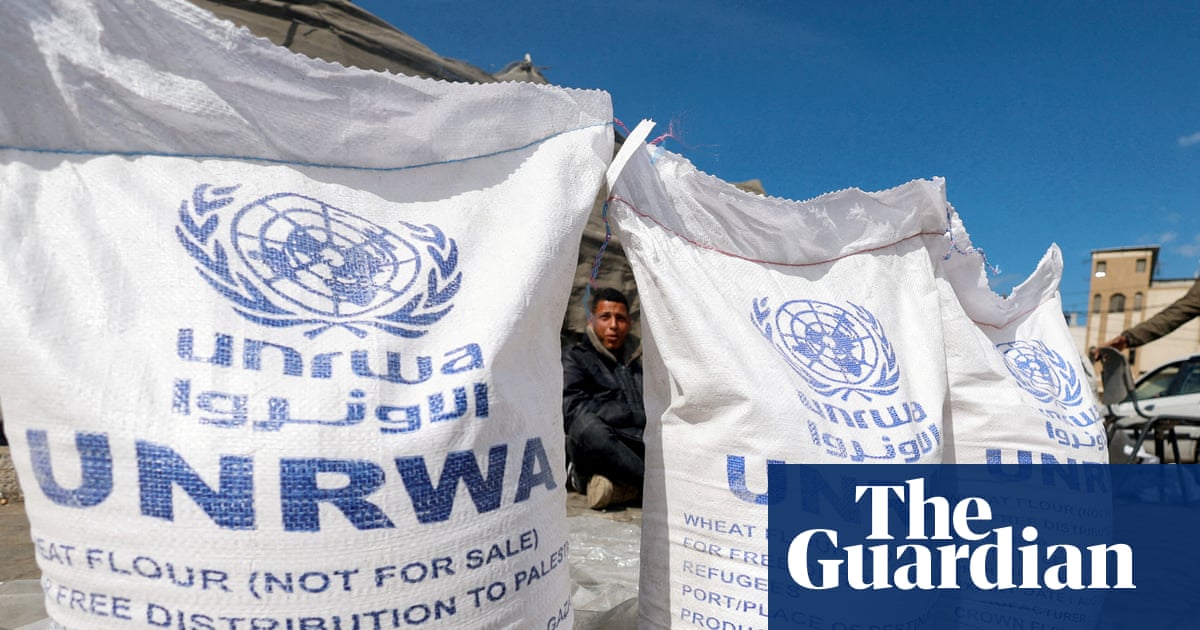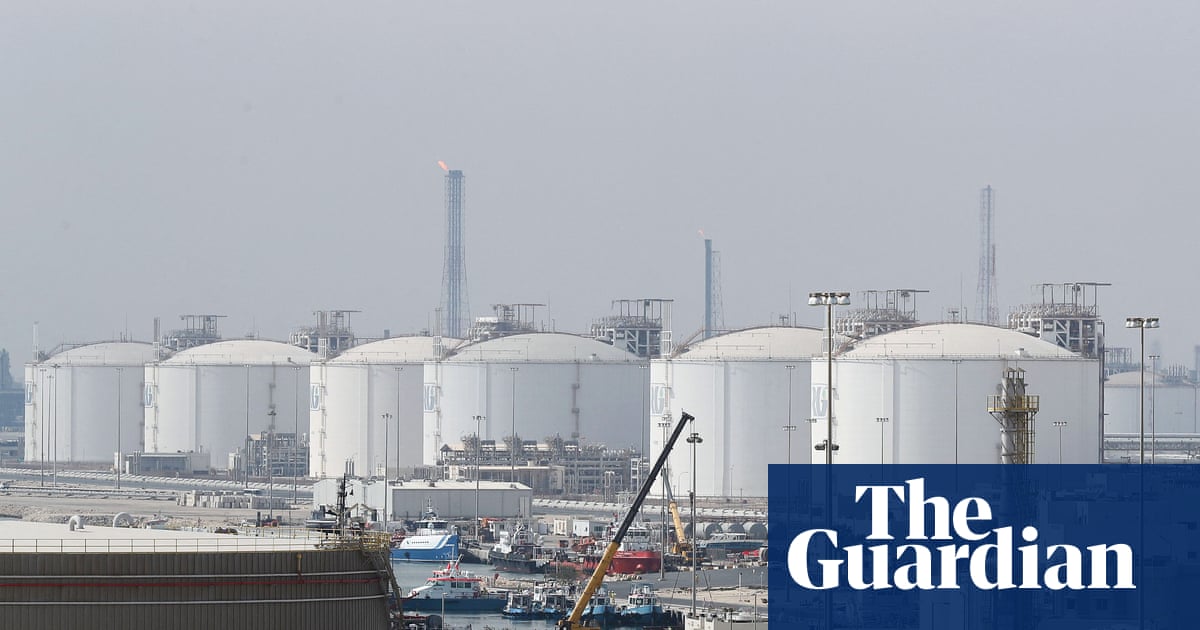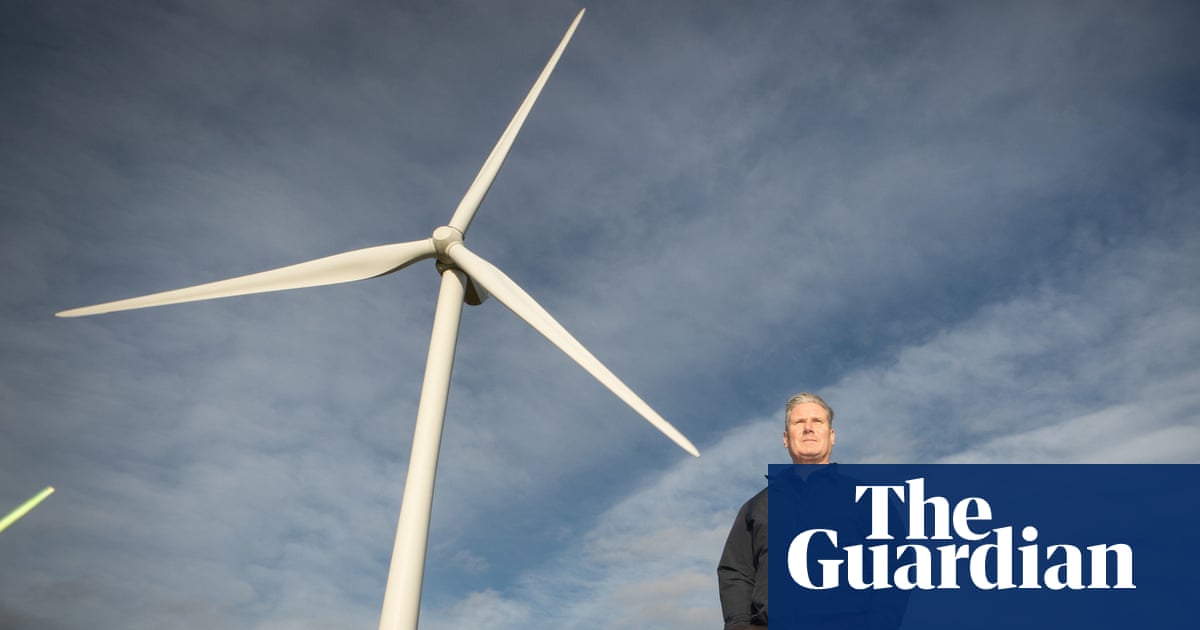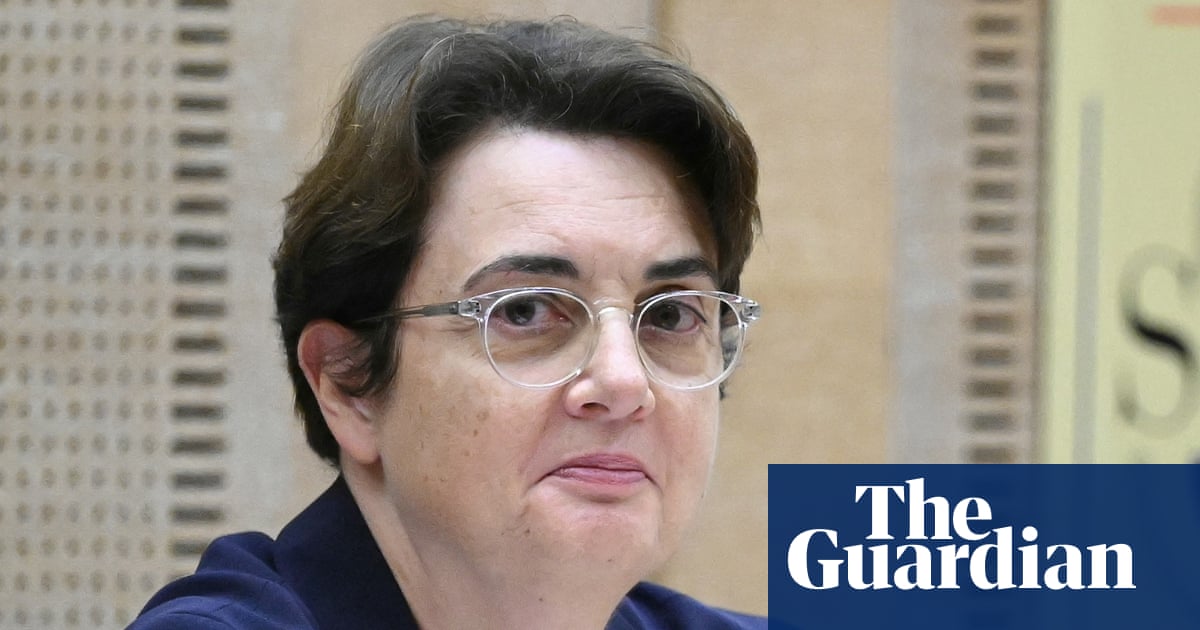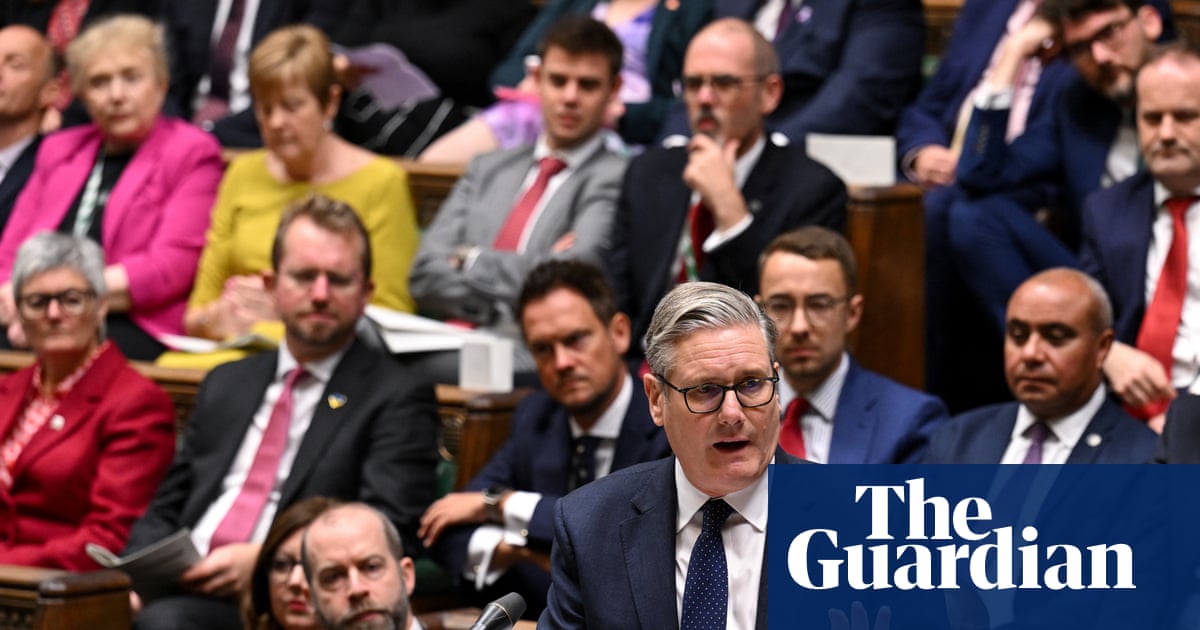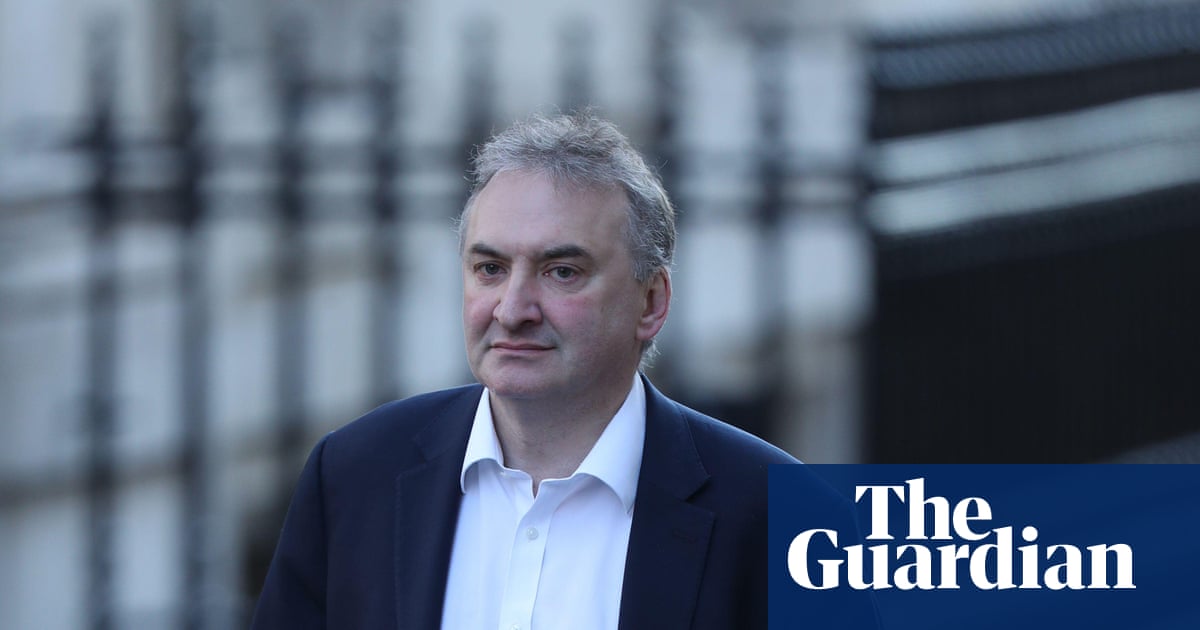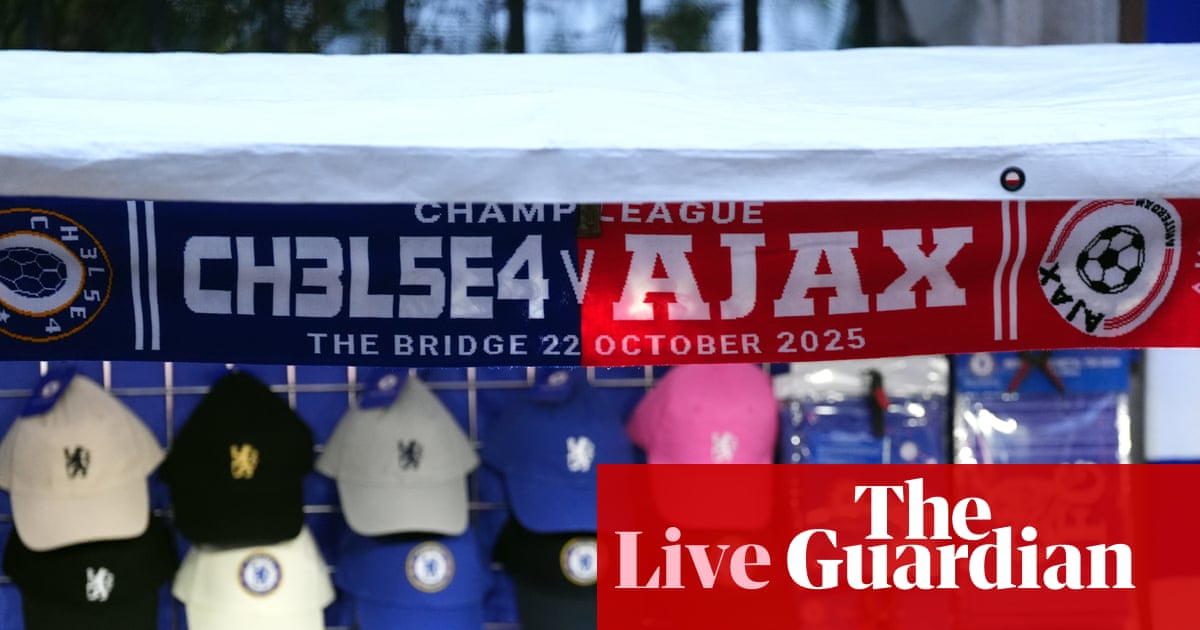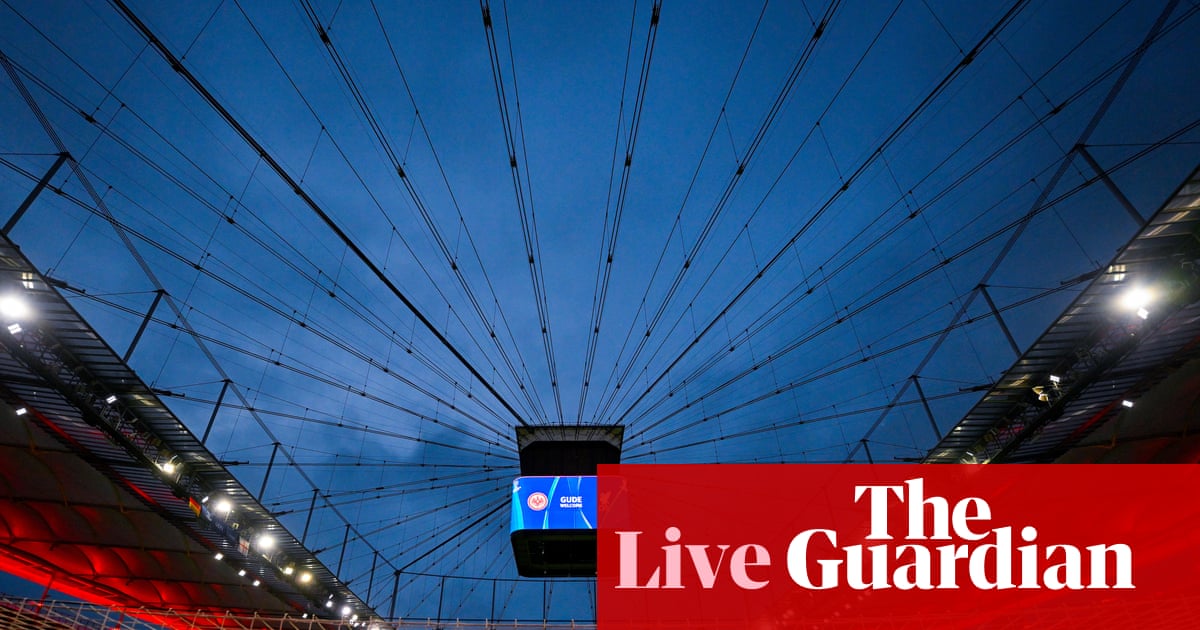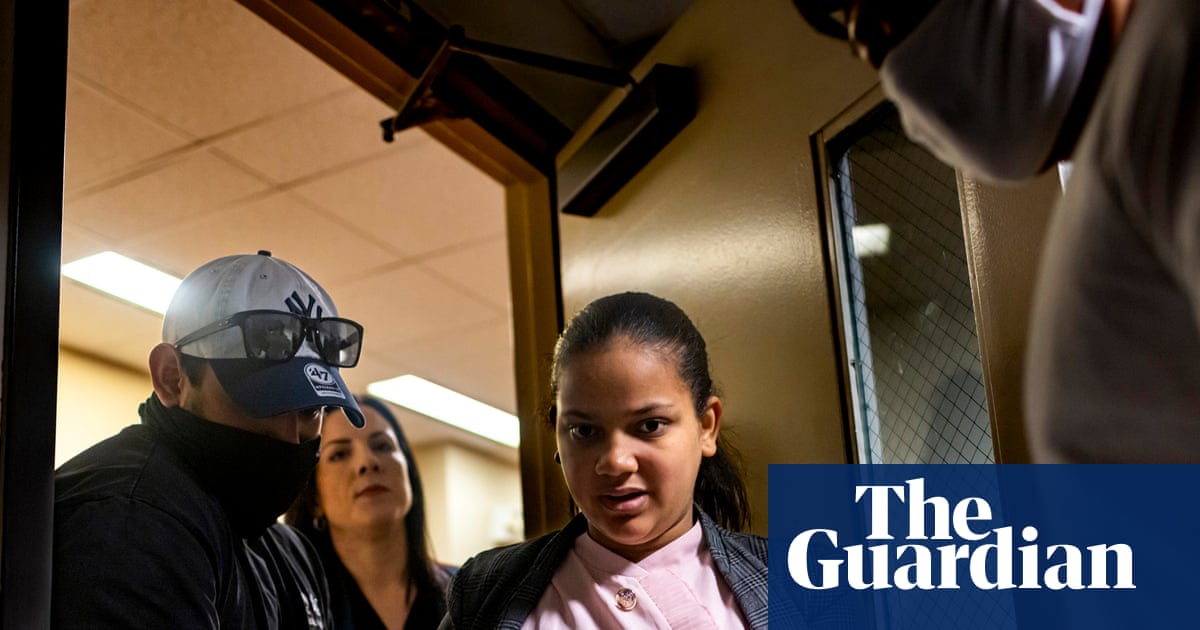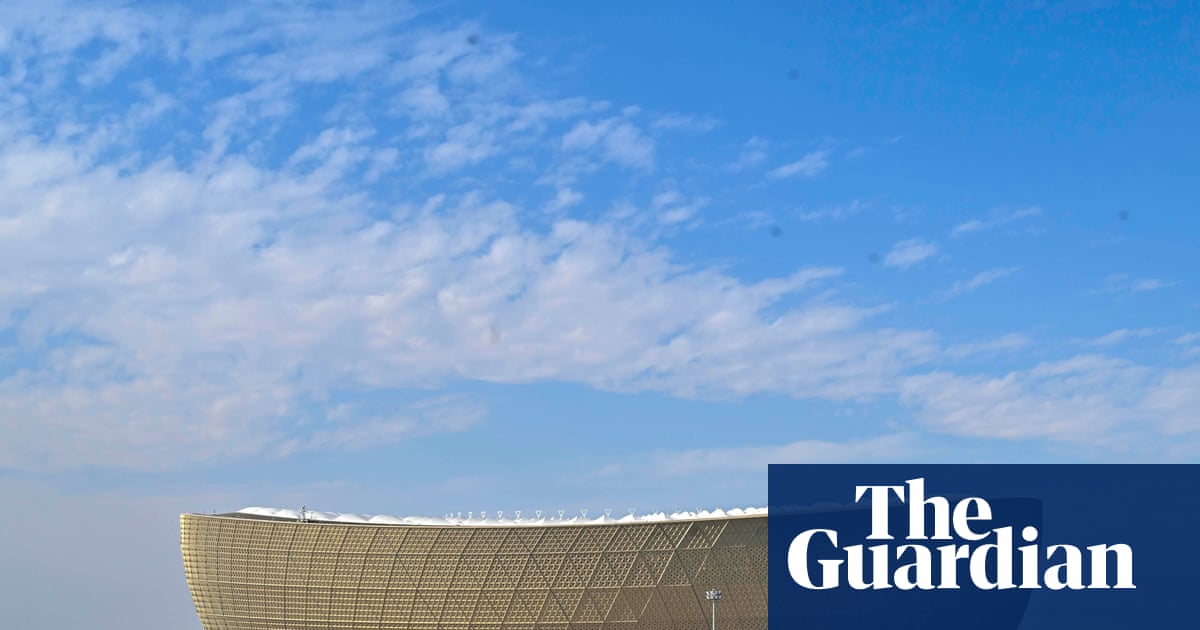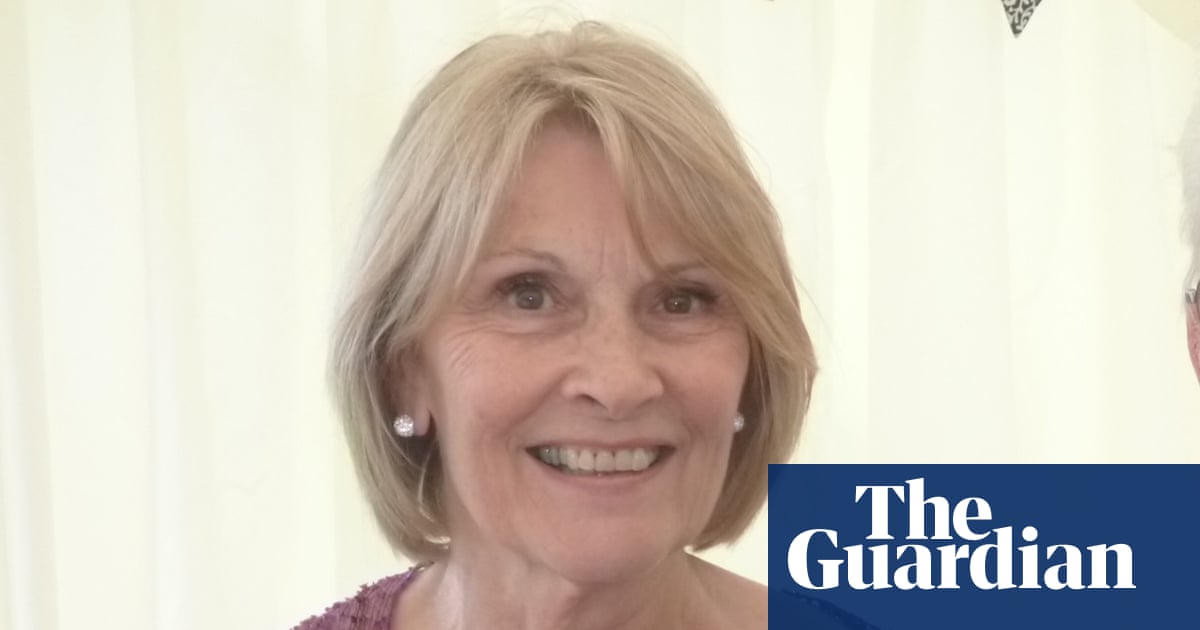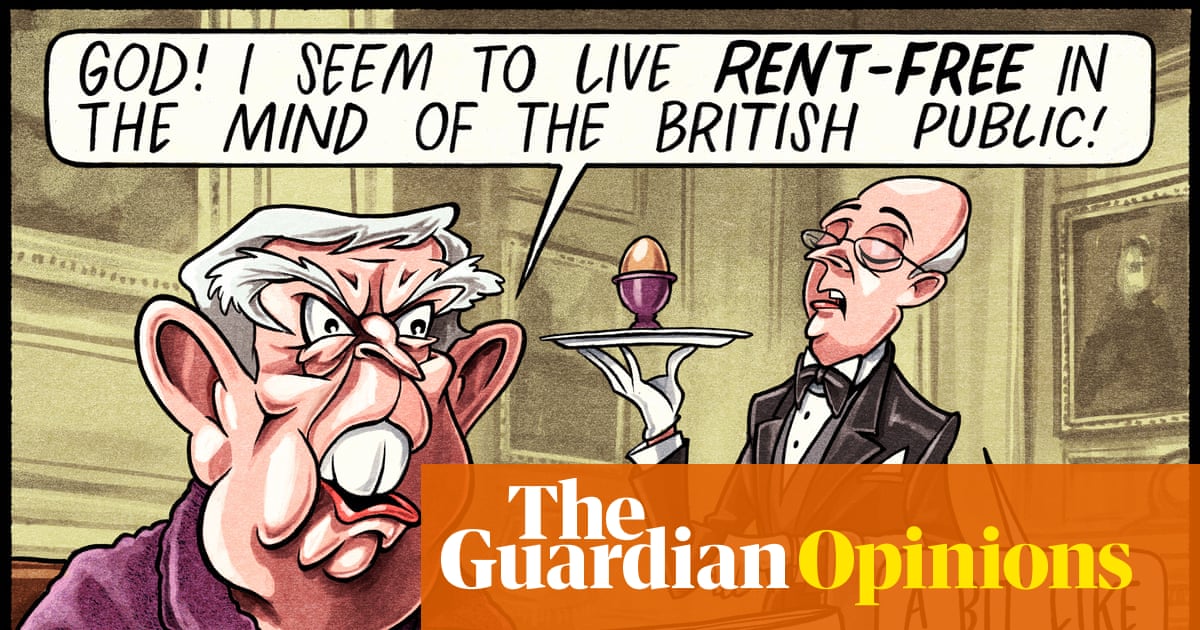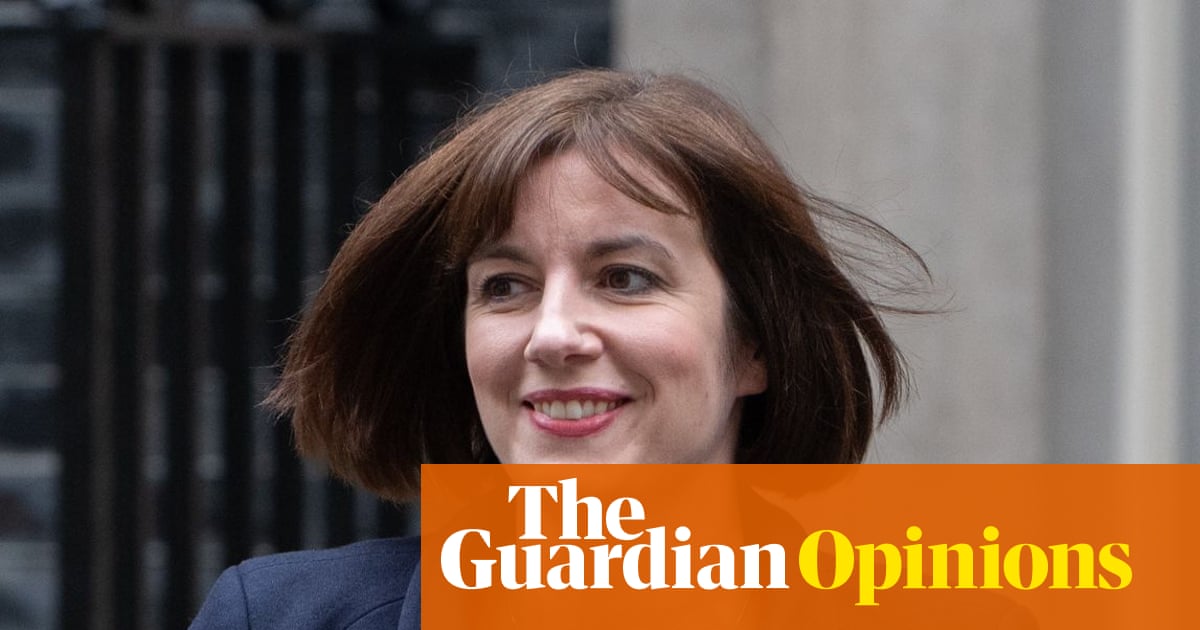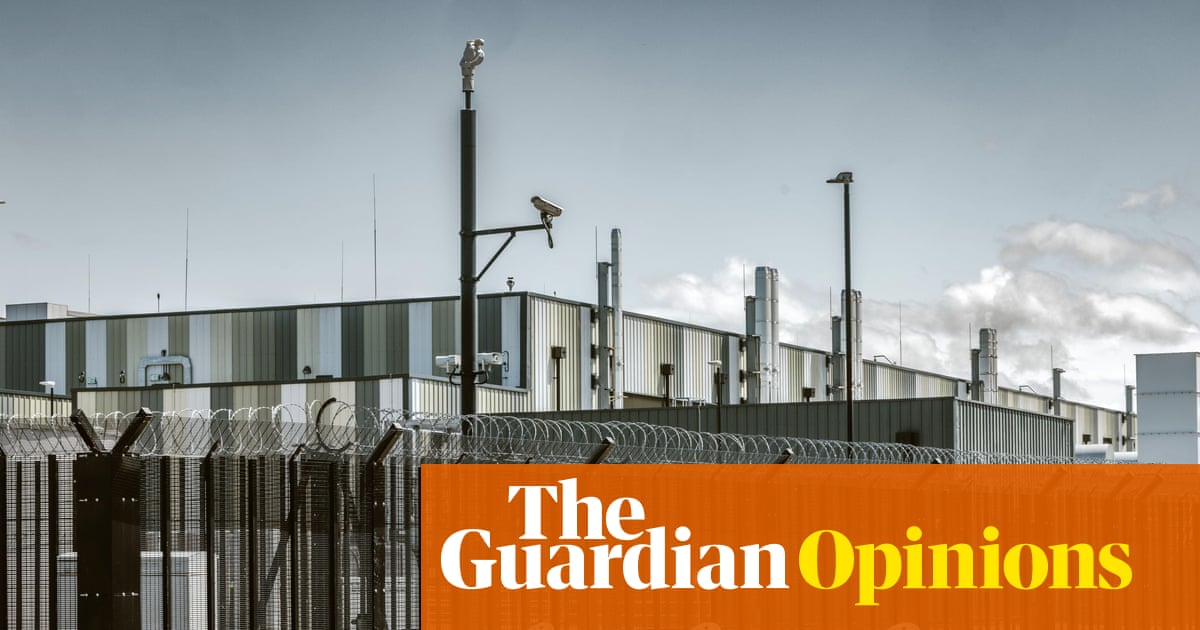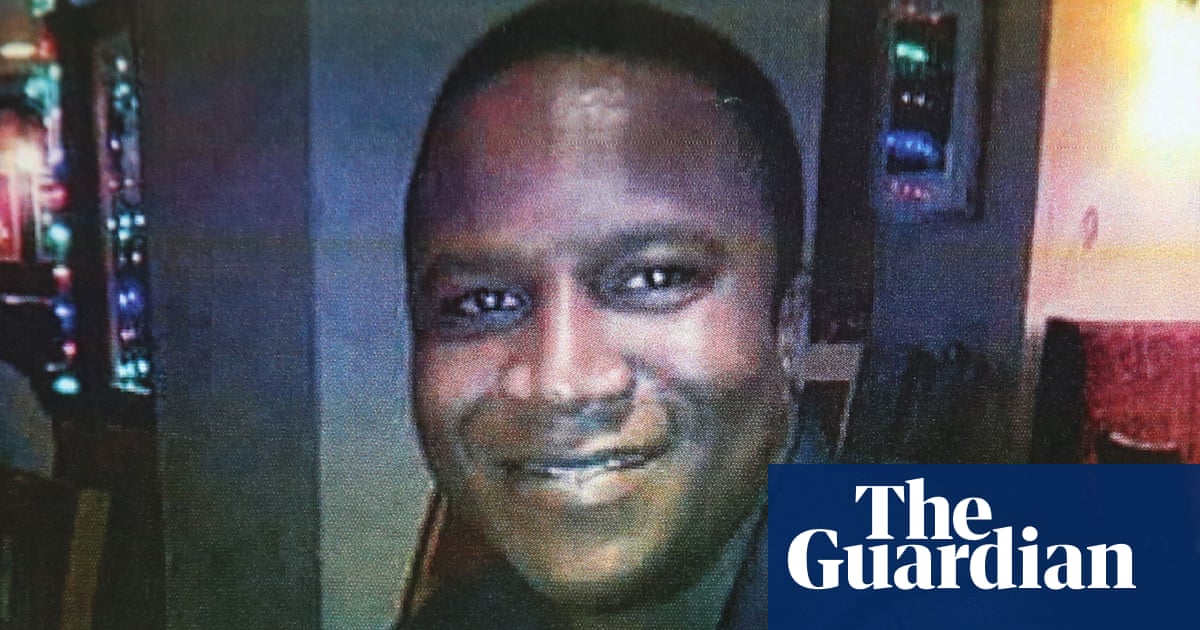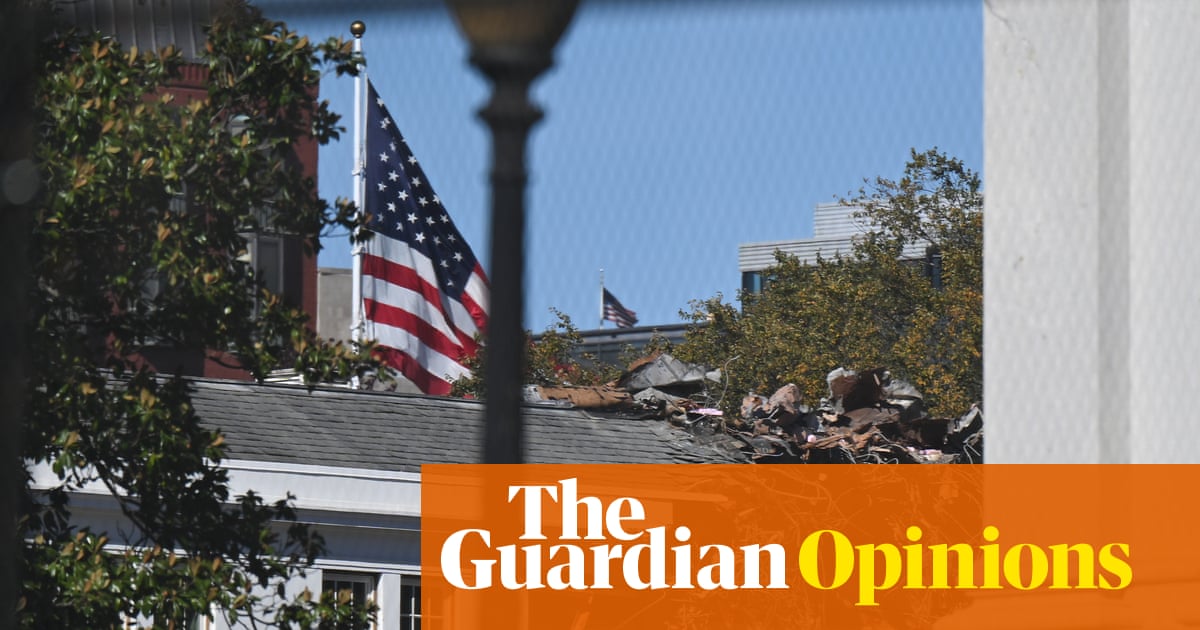UK inflation was unchanged last month at 3.8%, confounding expectations of a rise, in welcome news for the chancellor, Rachel Reeves, as she plans for her crucial budget next month.
The Office for National Statistics said that inflation measured on the consumer prices index remained at the same level in September as in August and July.
City expectations had pointed to a 4% reading but the ONS said upward pressure from transport prices was offset by slightly cheaper food and a slowdown in inflation for “recreation and culture”, including live music tickets.
The September reading raised hopes that the Bank of England could cut interest rates sooner than previously expected, with markets moving their bets for the first full quarter-point reduction from March to February next year.
Rising food prices, driven partly by climate-related factors, have been causing mounting concern. Policymakers are likely to welcome the fact that food prices declined 0.2%, compared with August, the first monthly fall since May last year.
Annual food price inflation eased to 4.5%, from 5.1% in August, the first time it has slowed since March.
The ONS said another source of downward pressure on inflation came from the “recreation and culture” sector, which includes trips to the theatre and cinema.
Prices here were flat month on month, with the ONS pointing in particular to live music, where prices were down 8.6%, compared with August.
These weaker areas offset higher prices from transport, in particular petrol and air fares. Transport costs were up 3.8% year on year, the ONS said, higher than the 2.4% annual rate in August.
While September’s inflation rate of 3.8% was lower than expected, it remained well above the government’s 2% target, the 12 successive month that CPI has surpassed that level.
Reeves said: “I am not satisfied with these numbers. For too long, our economy has felt stuck, with people feeling like they are putting in more and getting less out. That needs to change. All of us in government are responsible for supporting the Bank of England in bringing inflation down.”
Reeves said last week she would announce a “range of policies” in her 26 November budget to “bear down” on some of the costs that people faced.
The Bank of England has pointed to the importance of “administered” prices, such as energy bills and transport fares, in driving up consumer costs.
The chancellor is expected to meet cabinet ministers on Thursday to ask what each department can do to help tackle rapid cost increases.
after newsletter promotion
The International Monetary Fund forecast last week that UK households would experience the highest inflation rate in the G7 this year and next.
September’s CPI rate is used for uprating a range of benefits, including universal credit, disability payments and the state pension. However, under the “triple lock” promise, next year’s state pension rise will be dictated by the higher 4.8% reading for annual wage growth excluding bonuses in the three months to the end of July.
Duties on alcohol and tobacco, and the price of train tickets, traditionally increase in line with September’s reading of the retail prices index, a separate measure of inflation superseded for most other purposes.
The ONS said RPI inflation in September was 4.5%. No decision on uprating will be made until the budget, however, and Reeves could choose to implement lower rises as an inflation-fighting measure.
Policymakers on the Bank’s nine-member monetary policy committee have been concerned about the unexpected persistence of inflation. No reduction is expected at its 6 November meeting, shortly before Reeves’s budget, but the final meeting of 2025 is on 18 December.
Thomas Pugh, an economist at the consultancy RSM, said: “Inflation will probably trend down only gradually from here, so we doubt this will be enough to tempt the Bank of England into cutting interest rates next month. But it does put a December rate cut back on the cards.”
The Bank’s latest forecasts, published in August, suggested inflation would peak at 4% in September before declining towards the 2% target through next year.

.png) 6 hours ago
4
6 hours ago
4
